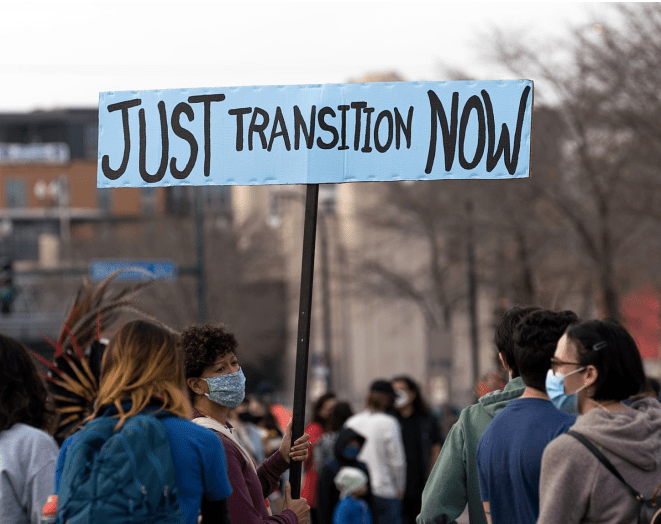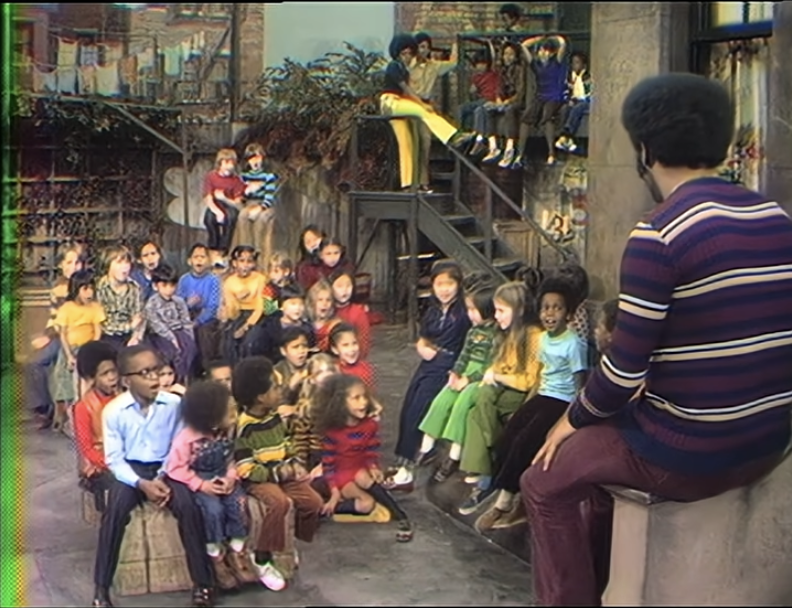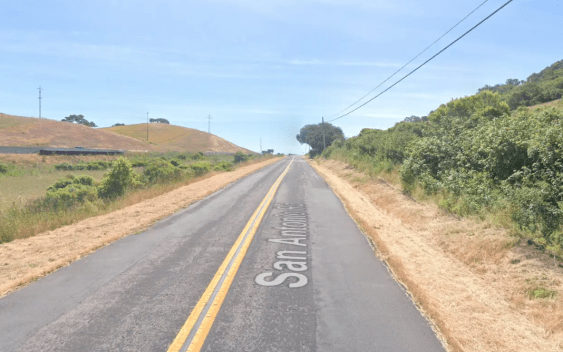A new effort to get Washington state legislators to adopt a "transportation bill of rights" is prompting conversation about what might be possible if more American cities stopped treating universal access to sustainable mobility as a far-off goal, and started treating it as something all their residents are entitled to today.
As part of a larger campaign to achieve a just transition away from fossil fuels, a coalition of Washington-based nonprofits is urging lawmakers to commit to nine key principles every time they write transportation policy for the Evergreen State. The nonprofits behind it — Front and Centered, Disability Rights Washington, 350 Washington, and the Yakima Asian Pacific Islander Coalition — assembled the list after months of interviews with a diverse cross-section of Washington's BIPOC, disability, immigrant and environmental justice communities, many of whom don't, can't, or choose not to drive.
Here's what they came up with:
1. No one dies or is seriously injured traveling on state roads, streets, and sidewalks2. Every household can access groceries within 20 minutes without a car3. No one today is harmed by pollution or noise from transportation4. Protection from the climate crisis today for future generations5. All trips less than one mile are easily and enjoyably achieved by non-vehicle travel including for people with disabilities6. No household should spend more than 45 percent of its income on housing, transportation, and energy7. Every child who wants to can bike, walk, or roll safely to school8. Transit service is frequent and spans the day and night so people can get to work and come back9. The pursuit of happiness does not require a car
An impressive 276 organizations have co-signed the campaign in its current form, but the leaders behind it stress that the Bill is a living document that they hope to expand and make more concrete over time. But the hard truth behind each of the tenets will remain the same: that Washington's transportation policies are consistently failing to provide true mobility for all, and failing vulnerable groups the most.
"When we look at transportation policy, especially at the state level, if you don’t participate in the commercial transaction of owning a car, you don’t figure prominently, if at all," said Paulo Nunes-Ueno, transportation and land use policy lead for Front and Centered. "Because of systemic racism and the ways we assign certain people many more rights and privileges than others, you have sacrifice zones — places where an otherwise unacceptable level of pollution is declared acceptable, places where a lack of [accessible mobility choices] is considered OK. ... So we asked our members, 'What are your rights? Regardless of who you are, whether you’re 9 or 99, physically able to drive a car or not — regardless of whether you live in an urban or rural area, whether you can afford to drive or not, what are the things that in your life you should be able to count on, in terms of transportation?'"
Nunes-Ueno and his colleagues aren't the first to ask those sorts of question. Several public agencies across America have adopted a similar set of principles to guide their work, including the Pittsburgh Department of Mobility and Infrastructure and the Los Angeles Department of Transportation, each of which has written its own version of the "bill of rights." And voters in New York State recently amended the constitution to mandate that “each person shall have a right to clean air and water, and a healthful environment.”
Those promising efforts, though aren't actually binding legal standards — and they don't give road users grounds to hold leaders accountable when their rights are denied.
The closest model for an actual legal right to mobility might come from Mexico, which amended its national constitution in late 2020 to make it clear that "every person has the right to mobility under conditions of safety, accessibility, efficiency, sustainability, quality, inclusion and equality." The country's Chamber of Deputies is still debating the details of an accompanying "General Mobility Law" which will define the government's actual responsibilities for guaranteeing that new entitlement, but proponents are hopeful it will lay the foundation for a revolution in Mexican transportation policy — including which types of projects are first in line for public funding.
"Ideally, the infrastructure for cars should only be financed by general taxes in [only] exceptional [cases], and be limited...to other schemes, such as the payment of tenure, charges to congestion, derivatives of parking meters and fees that motorists pay directly," wrote Mexico City politician Vidal Llerenas Morales in a recent op-ed. "In this sense, the new law lays the foundations for new financing schemes."
In the absence of similar policy in the United States, some forward-thinking American transportation agencies' are using their discretionary power to de-prioritize car-focused projects — though those powers are often limited. Even the current US DOT has won plaudits from advocates for putting people-centered projects first in the handful of competitive grant programs it controls, as well as issuing new guidelines urging states to spend their formula grants on sustainable transportation in service of the agency's new Vision Zero goal. But those grant programs are dwarfed by the unrestricted funds that states can use on whatever projects they wish, even if they infringe upon the mobility of vulnerable groups — and those guidelines can all too easily be ignored, even when they come from the highest transportation office in the land.
On #TransitEquityDay, our transit vehicles may no longer be segregated, but the way will deliver transit service is still unjust. Let's honor the legacy of those who came before us by ensuring a better future for those who come after us. Mobility is a human right. pic.twitter.com/wQvVIWLi9h
— Jerome Alexander Horne (@jahorne) February 4, 2022
As America waits for the kind of national reforms that would transform safe, sustainable, and dignified mobility into a wide-reaching human right, state and local efforts like Washington's might be the country's strongest hope to move the needle — but only if they're backed up by real policy.
"This is just the first step," added Nunes-Ueno. "What's more important than the bill of rights being symbolically adopted [is] for us to create the tools and analysis that show where our rights are being trampled. When communities are driving the solutions and making sure that their rights are met, policy comes out of that — and change comes out of that."






